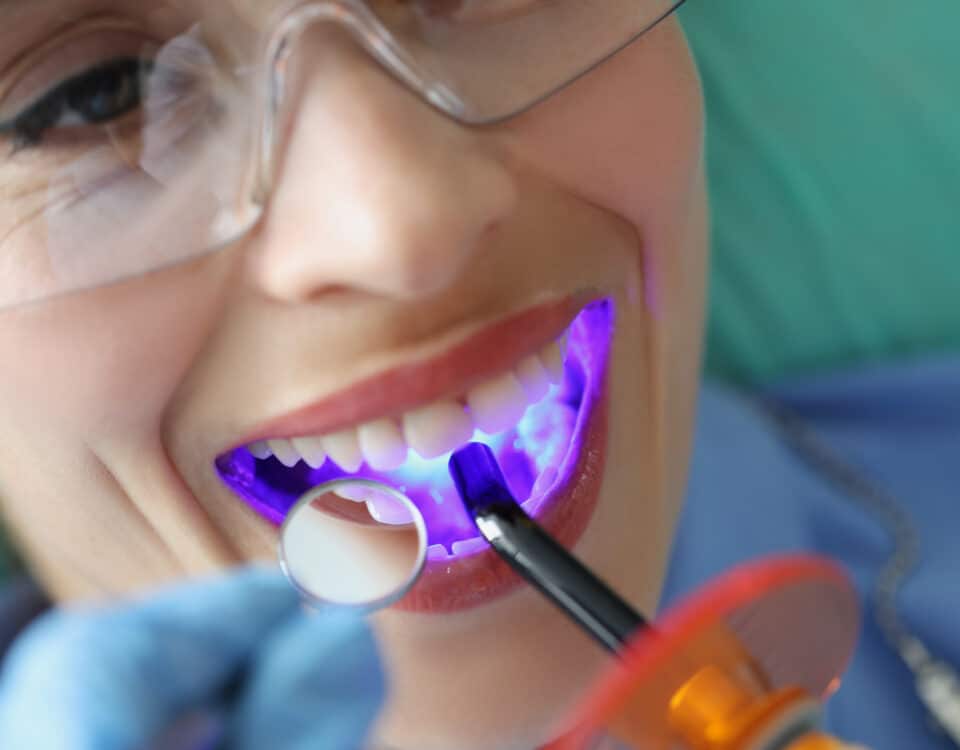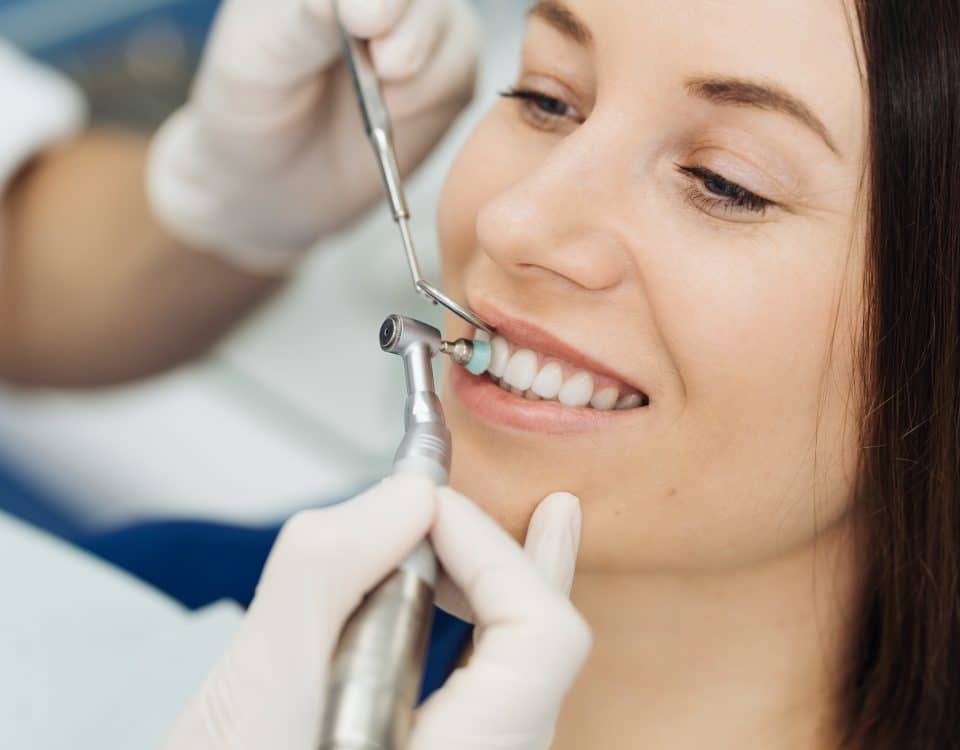How Your Workout Affects Your Mouth

COVID-19: An Update on Our Policies and Procedures
July 2, 2020
How to Lose the Numbness After Local Anesthesia
July 16, 2020Having a workout routine is important for your overall health, but did you know you should pay close attention to your teeth if you work out? During high intensity exercises, people breathe primarily through their mouths. This means saliva can decrease and you can be more susceptible to cavities and other problems. Here’s how to take care of your teeth if you’re active!
Your Workout and Your Oral Health
We all know that being overweight can cause a number of health complications, like diabetes, heart disease, and more. However, did you know that not maintaining a healthy weight can also affect your dental health? Patients who live a healthy, active lifestyle have been proven to have healthier teeth and gums.
A study has shown that patients who maintained a healthy weight and got regular exercise had a decreased chance of developing severe periodontitis. Additionally, gum disease has been linked to other conditions like heart disease and diabetes. This further proves that our oral health and overall health are intertwined.
Though exercise has many benefits to oral health, you need to be sure you’re committed to a good oral hygiene routine. When we work out, we breathe hard and primarily through the mouth. This can cause our saliva production to decrease.
Why We Need Saliva
Saliva is a vital part of the mouth because it helps us digest food and protect our teeth. Saliva helps:
- Keep the mouth moist and comfortable
- You chew, taste, and swallow
- Fight germs and bad breath
- Protect tooth enamel and prevent tooth decay and gum disease
- Keep dentures in place
Patients who don’t produce enough saliva tend to have an overly dry mouth. This is most common in older adults, but it can affect people of all ages. Along with exercise, dry mouth can also be caused by certain illnesses, medications, stress, dehydration, and more.
The Dangers of Gum Disease
Gum disease can be one of the worst oral health problems. The worst part? Many patients don’t even know they have it. The symptoms can start slowly with minor gum irritation and bleeding when brushing, but if left untreated, it can quickly progress.
Plaque loves to attach to your gums. Overtime, your gums will begin to become irritated by the acidity. This can happen quickly, even more so if you don’t have a good daily habit of brushing and flossing. Your gums can begin to swell, turn dark red, and bleed more often. Gum disease starts as gingivitis, which is fairly easy to reverse through a good dental cleaning and root scaling. If left untreated, it can go from moderate to severe. At the severe stage, teeth can fall out and your gums might be too far gone for implants or dentures.
The good news is that visiting your dentist often can help you prevent reaching the most severe stage of gum disease. Your dentist will use planing and root scaling to help you overcome your fight with gum disease. Similar to dental cleaning, scaling and planing cleans the gum pockets where infections take place.
How Athletes Can Care for Their Mouths
If you work out consistently and want to make sure you’re doing the best you can to care for your mouth, follow these tips from the American Dental Association:
Wear a mouthguard
This is especially important if you’re playing contact sports. Mouthguards can help protect your teeth, lips, tongue, gums, and even your jaw from injuries.
Say no to sugary sports drinks
While sports drinks have electrolytes and can quickly work to rehydrate you, they are filled with sugar. The sugar in these drinks will cling to the bacteria naturally found in your mouth and increase your risk for cavities.
Develop an oral hygiene routine
The saying is true, practice makes perfect! Just like practicing for games and events, you need to continually practice your daily dental hygiene routine. Brush twice a day for at least two minutes each time, floss once a day, and use a mouthwash to round out your routine. It’s also important that you see a dentist often. A dentist can see the parts of your mouth that you can’t, and they will check for early signs of cavities and gum disease. Catching these signs early is an important part of protecting your dental health.
Make an Appointment with Dr. Varley
If you’re an athlete who wants to better care for your mouth, contact Dr. Varley and Stonebrook Family Dental today. Nobody has to suffer with the effects of dry mouth or gum disease. If you notice your workout schedule is causing some of your symptoms, come talk to Dr. Varley. He can discuss with you how you can keep your exercise routine and care for your mouth at the same time. Call us now at (303)-872-7907.



